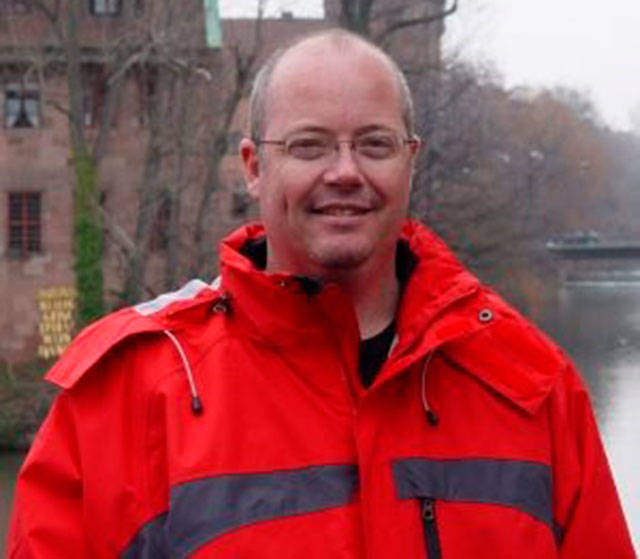Chan Hellman, author and professor of social work, will share strategies on how to increase and measure hope during a lecture next week on Bainbridge Island.
The visit is sponsored by Bainbridge Youth Services, a nonprofit supporting the emotional and social well-being of youth ages 12-21, and the Bainbridge Island PTO Coordinating Council.
The event is 6:30 to
8 p.m. Tuesday, Jan. 22 in the commons at Bainbridge High School.
Hellman is the founding director of the Hope Research Center at the University of Oklahoma. He spoke at a Bainbridge Youth Services Power of Hope fundraising event in October, and is coming back by popular demand.
During his presentation, Hellman will discuss the science of hope, which he outlines in his new book, “Hope Rising/How the Science of Hope Can Change Your Life.”
Islanders can register for the event at powerofhope.bpt.me. A $10 donation is suggested.
Hellman’s book, co-written with hope advocate Casey Gwinn, has been described as “a clarion call to apply the science of hope in daily life and overcome the trauma, adversity, and struggles everyone must face.”
Hope has become a personal journey for Hellman, one that started with his own traumatic childhood. He describes discovering the power of hope one day when his middle school basketball coach sat down with him and said: “You’re going to be alright.”
“His simple act of authentic kindness showed me that I was a person of value — that I mattered.”
During his appearance on Bainbridge Island, Hellman will provide a roadmap to measure hope in your life, assess what may have blocked your power of hope and then outline ways to increase hope. He challenges his audience to be transparent and honest about their own stories of struggle and adversity, calls for the end of shame and blame in addressing the struggles of those who have experienced trauma, illness, or abuse, and provides practical ways to increase your Hope score and thrive because of it.
Hellman, who has written more than 150 scientific publications on hope, defines it as “the belief that tomorrow will be better than today, and that you have the power to make it so.” He believes hope is the most predictive indicator of well-being in a person’s life in all the research done on trauma, illness, and resiliency.
Based on nearly 2,000 published studies about hope, including their own research, Gwinn and Hellman call for rising hope to be the focus not only in personal lives, but in public policy in education, business, social services, and every other part of society.



